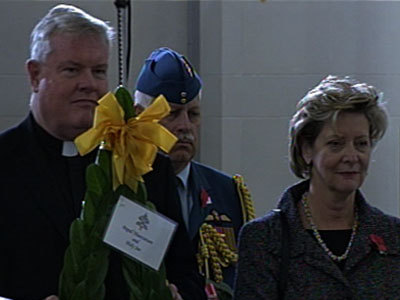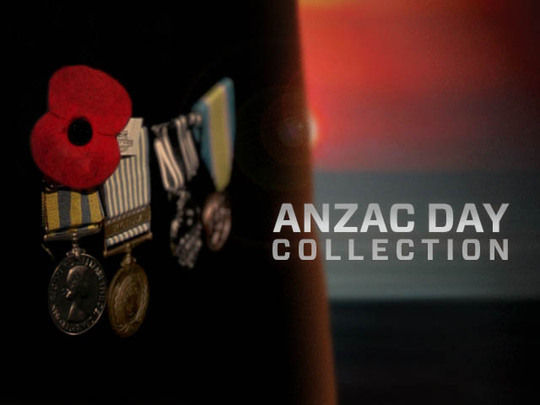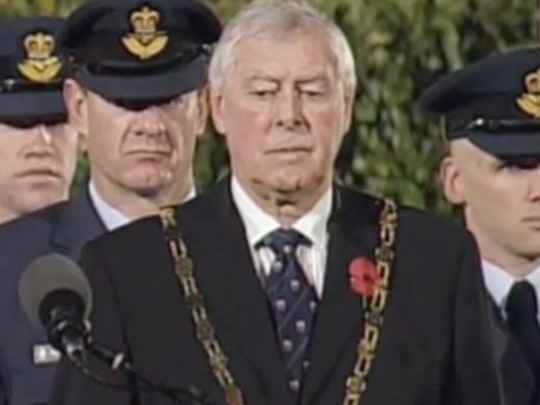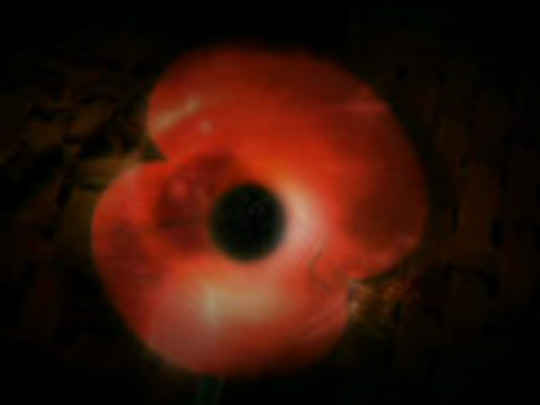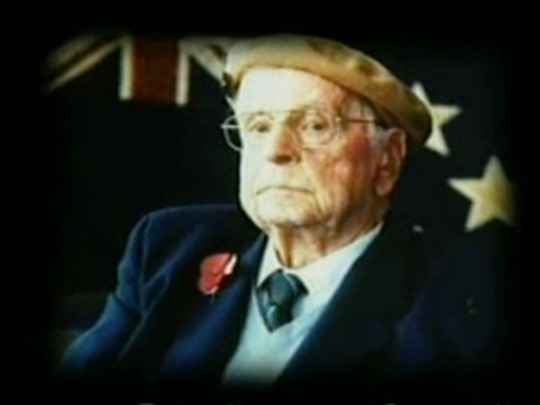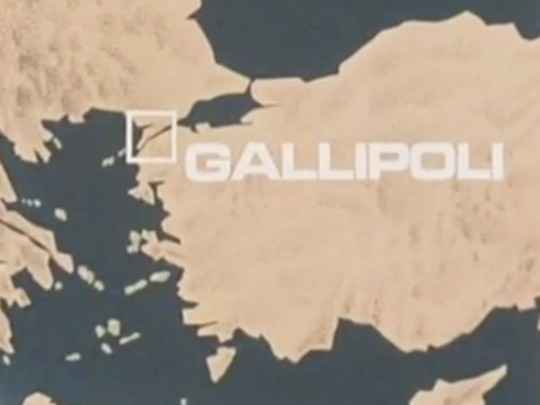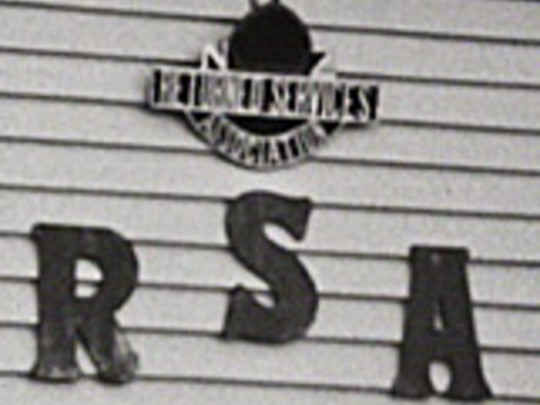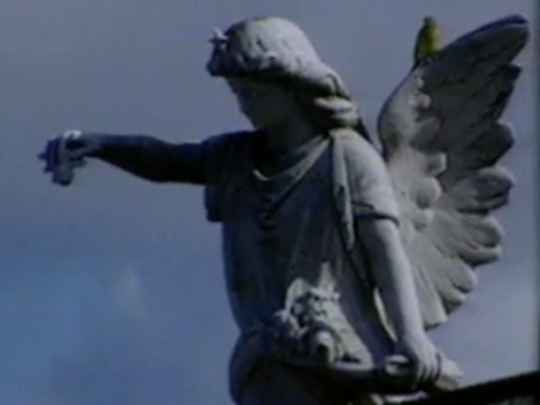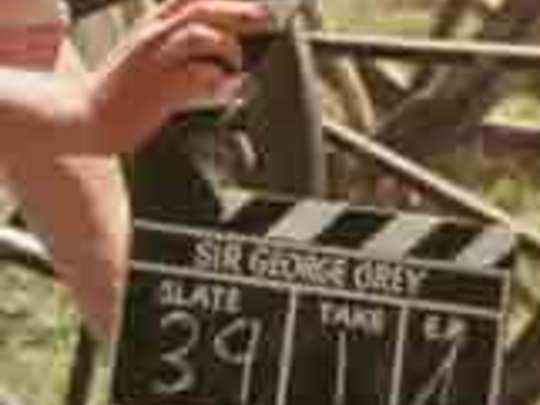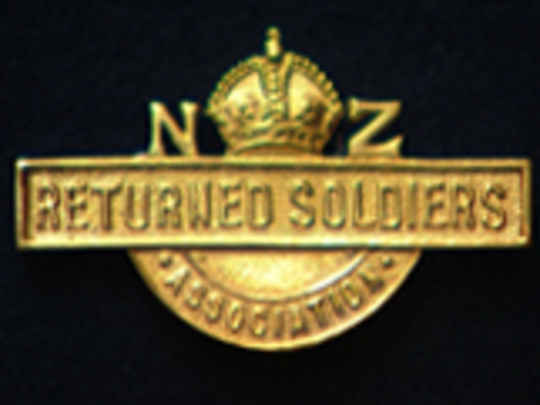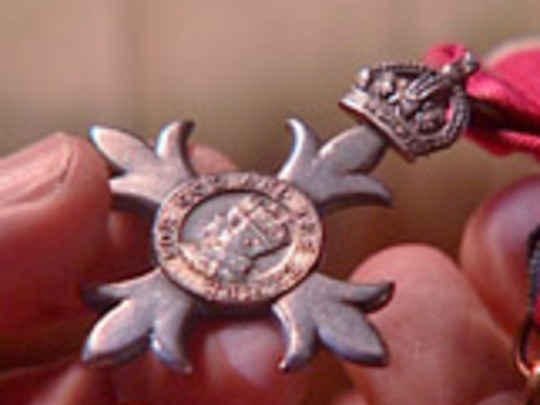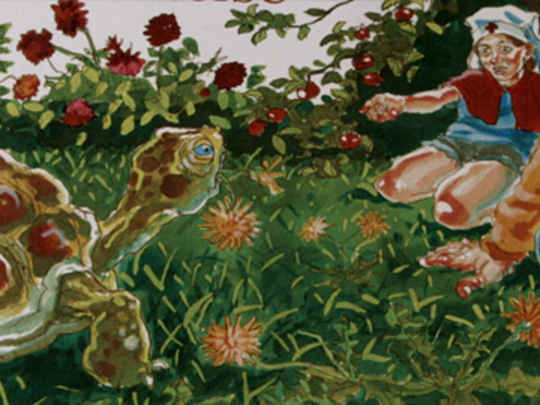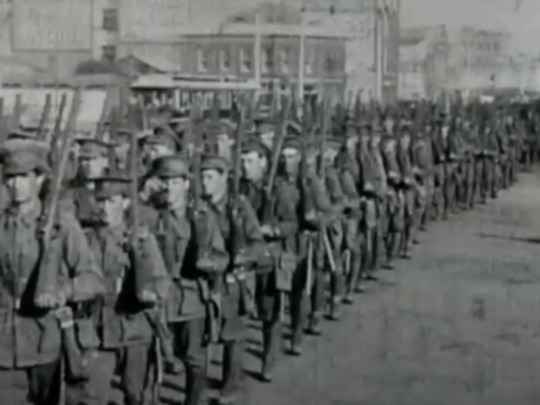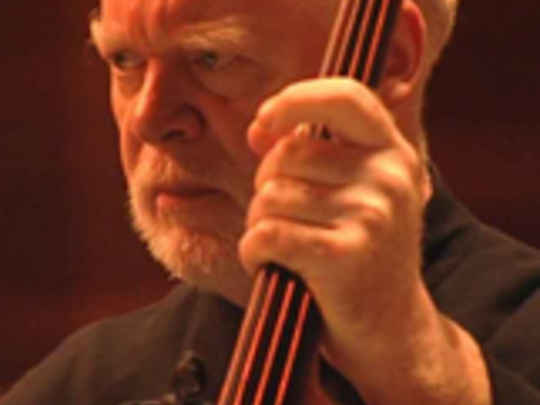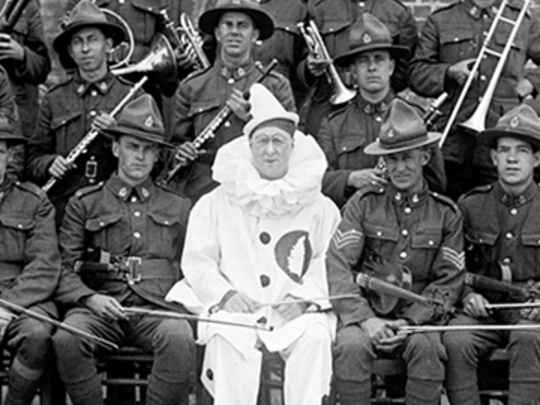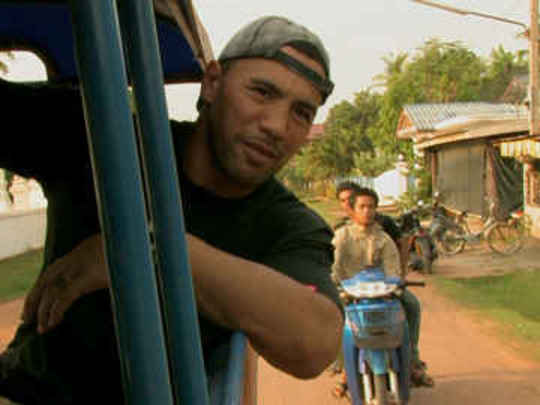The first of five parts from this full length event broadcast.
The second of five parts from this full length event broadcast.
The third of five parts from this full length event broadcast.
The fourth of five parts from this full length event broadcast.
The fifth of five parts from this full length event broadcast.
The credits from this programme.
2008 Anzac Day National Wreathlaying Ceremony
Television (Full Length) – 2008
On the Gallipoli Peninsula later today, thousands of New Zealanders and Australians — the majority too young to have any experience of armed conflict — gather to pay their individual and collective respects. They gather to honour those who died, those who suffered physical and mental wounds, those who helped forge our national identity.
– Andrew Renton-Green, Chair of the National War Memorial Advisory Council, in his prologue for the memorial service, in part two
It is a time when we remember with pride first those who gave their lives in the service of their nation, defending the democratic freedoms that we all hold dear. It is a time secondly when we remember those who fought and served and were able to return home. They survived, but the mental and physical scars and injuries that they sustained, and the friends they lost, would remain as marks forever.
– Governor-General Anand Satyanand, in part four
Young New Zealanders sailed away full of spirit and enthusiasm to a war that was meant to be over by Christmas. That was not to be. The appalling conditions and hardships the Anzac soldiers faced in Gallipoli in 1915, and later in France and Belgium, are hard to imagine. The Great War, as it was called, was to be the war to end all wars — that also was not to be.
– Governor-General Anand Satyanand, in part four
The Gallipoli campaign in World War I was the first occasion where the soldiers of two fledgling nations — New Zealand and Australia — fought and died together in a formed unit. To New Zealand, the cost was 2721 killed to Australia, 8700 killed. Neither of these young countries could afford to lose a significant proportion of an entire generation of young men. It was a costly price for nationhood.
– Andrew Renton-Green, Chair of the National War Memorial Advisory Council, in his prologue for the memorial service, in part two
